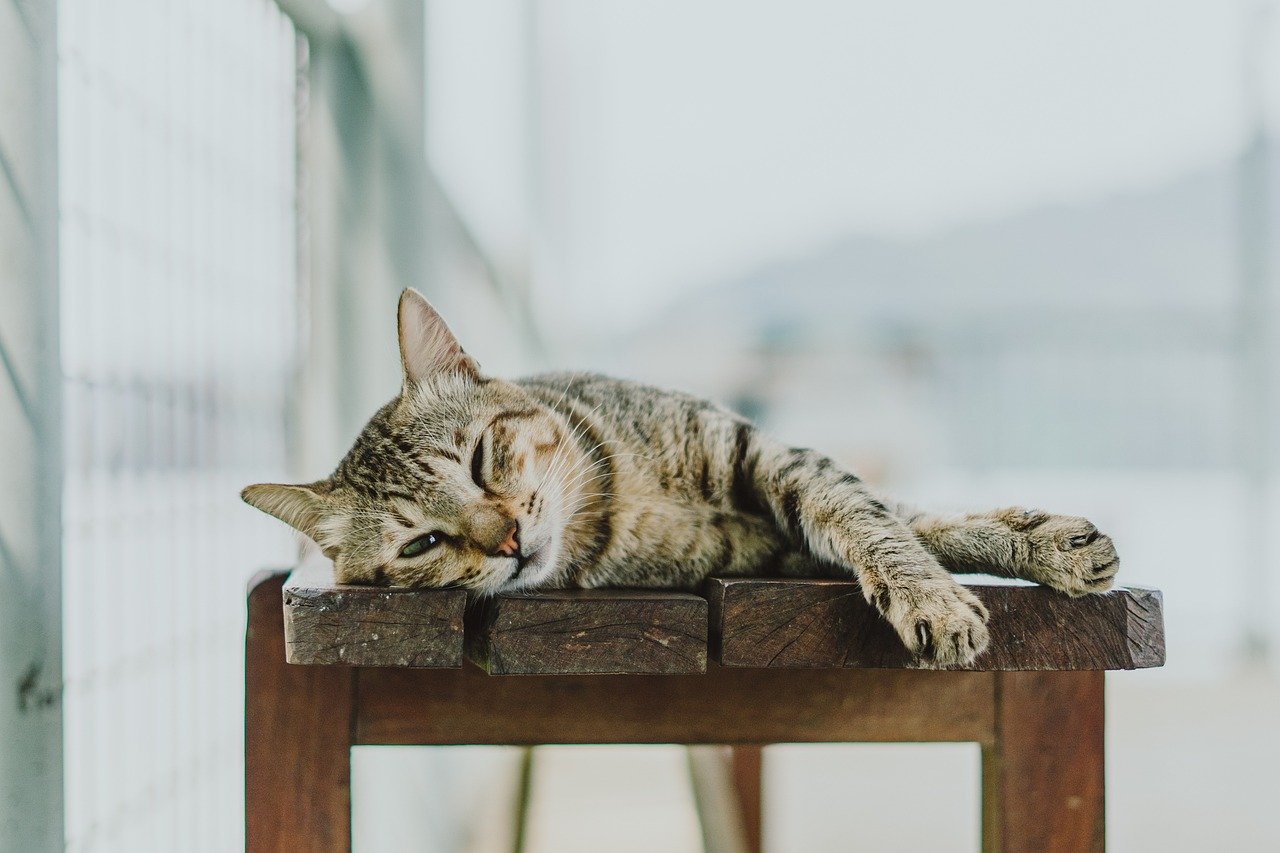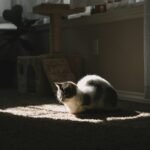Understanding the emotions of our feline friends can be a bit like deciphering a cryptic puzzle. Cats, known for their mysterious and independent nature, often communicate their feelings in subtle ways. One of the most telling indicators of a cat’s emotional state is their eyes. Just like windows to the soul, a cat’s eyes can reveal a lot about how they feel. Whether it’s joy, curiosity, or even fear, learning to read these signals can deepen the bond between you and your furry companion.
The Language of a Cat’s Eyes
Cats have a unique way of communicating with their eyes. Unlike dogs that often use their entire body to express emotions, cats are more subtle. The eyes can convey a multitude of feelings without a single meow. For instance, a slow blink from your cat is often a sign of trust and affection. It’s their way of saying, “I am comfortable with you.” On the other hand, wide-open eyes might indicate surprise or curiosity, depending on the context. Paying attention to these signals can help you understand what your cat is experiencing in their world.
The Power of the Slow Blink

If you’ve ever noticed your cat slowly closing and opening their eyes while looking at you, consider it a compliment. The slow blink is often referred to as a “kitty kiss.” It’s a sign that your cat feels safe and trusts you wholeheartedly. In the feline world, closing eyes voluntarily means letting down one’s guard. You can reciprocate this gesture by slowly blinking back. It’s a gentle way to communicate with your cat on their terms, strengthening the bond you share.
Pupil Dilation: A Window to Emotion
The size of a cat’s pupils can tell you a lot about their mood. When a cat is excited, scared, or playful, their pupils tend to dilate. This can make their eyes appear larger and more intense. Conversely, constricted pupils might indicate anger or a focused state. For instance, if a cat is stalking a toy or prey, their pupils may narrow. Understanding these changes is crucial, especially if you’re trying to gauge whether your cat is in a playful or aggressive mood.
Direct Stare: Intimidation or Curiosity?
A direct stare from a cat can be a bit intimidating for some, but it’s essential to understand the context. Cats may stare directly at someone or something when they are curious or assessing a situation. However, in some cases, prolonged direct eye contact can be a sign of dominance or even a challenge. If you’re unfamiliar with a cat, it’s best to avoid direct eye contact until they become comfortable with your presence. For your pet cat, a gentle gaze is usually a sign of affection and interest.
Squinting: Not Just a Sign of Sleepiness
While squinting might seem like a sign that your cat is ready for a nap, it can have other meanings. Cats often squint when they are feeling relaxed and content. It’s a sign that they are comfortable in their environment and with the people around them. However, if your cat is squinting frequently and showing other signs of discomfort, it might indicate an eye issue or irritation. Observing the context and surrounding behaviors can help determine the underlying reason for this gesture.
The Telltale Sign of Half-Closed Eyes
When a cat’s eyes are half-closed, it usually means they are in a state of blissful contentment. This relaxed expression often occurs when a cat is being petted or is in a comfortable environment. It indicates that your cat feels safe and at ease. However, it’s essential to ensure that this behavior is not due to any underlying health issues. Regular check-ups with the vet can assure that your cat’s eye health is in top condition, ensuring these blissful moments are genuine.
Signs of Stress or Fear
Recognizing when a cat is stressed or frightened is crucial for their well-being. Eyes can be a clear indicator of these emotions. A cat experiencing fear might have wide, darting eyes and dilated pupils. They might also avoid eye contact altogether, choosing to hide or retreat to a safer space. Understanding these signs can help you provide comfort and security to your cat, ensuring they feel safe in their environment.
Bonding Through Eye Contact
Building a strong bond with your cat involves understanding and respecting their communication methods. Eye contact, when done correctly, can be a powerful tool for bonding. Engage with your cat by mimicking their slow blinks and maintaining gentle, non-threatening eye contact. Over time, this mutual understanding can enhance the relationship you share with your feline friend, making interactions more fulfilling for both of you.
In conclusion, a cat’s eyes are not just for seeing; they are a complex communication tool. By learning to read these emotional signals, you can foster a deeper connection with your cat, enhancing both your lives. Observing, understanding, and respecting these signals will ensure your feline friend feels loved and understood.

Linnea is a born and bred Swede but spends as much time as possible in Cape Town, South Africa. This is mainly due to Cape Town’s extraordinary scenery, wildlife, and atmosphere (in other words, because Cape Town is heaven on earth.) That being said, Sweden’s majestic forests forever hold a special place in her heart. Linnea spends as much time as she can close to the ocean collecting sea shells or in the park admiring puppies.





